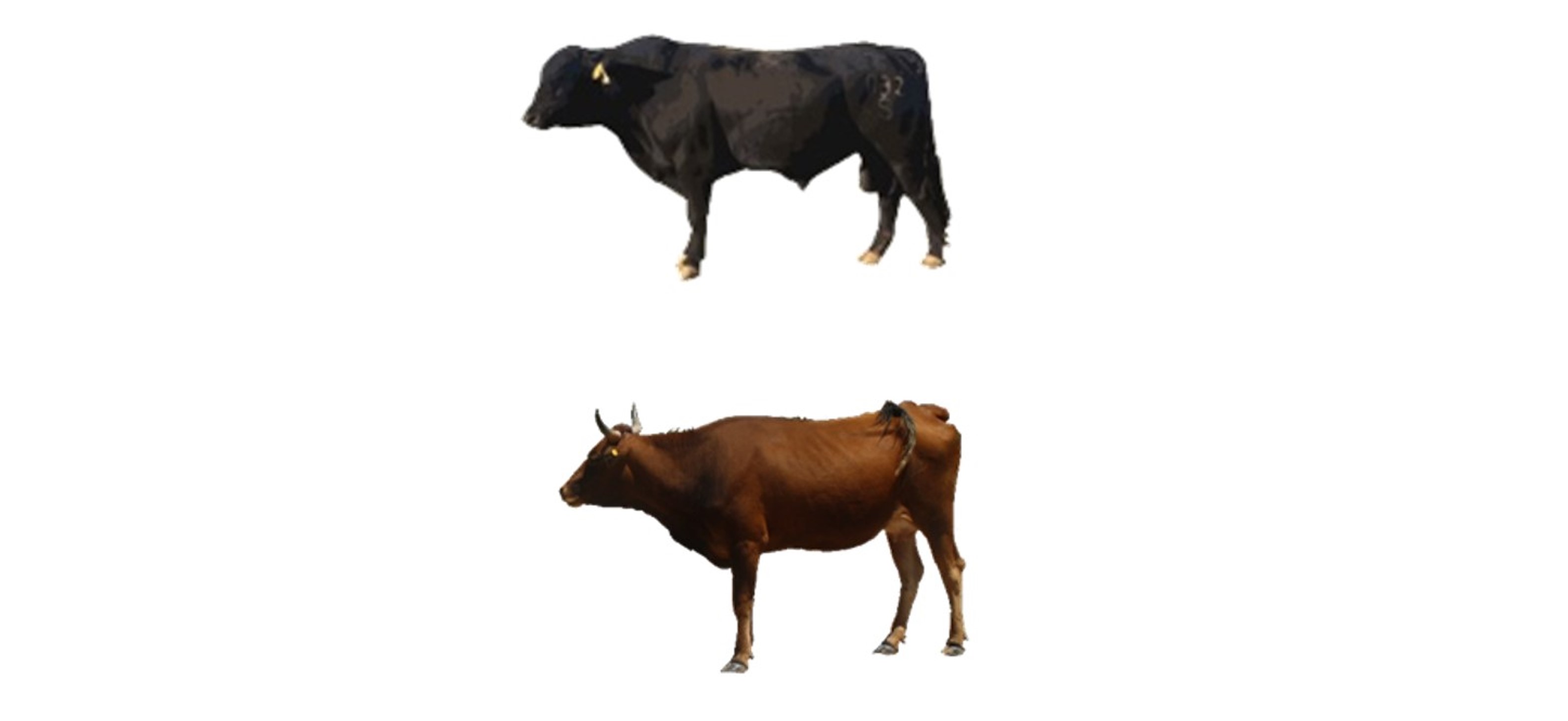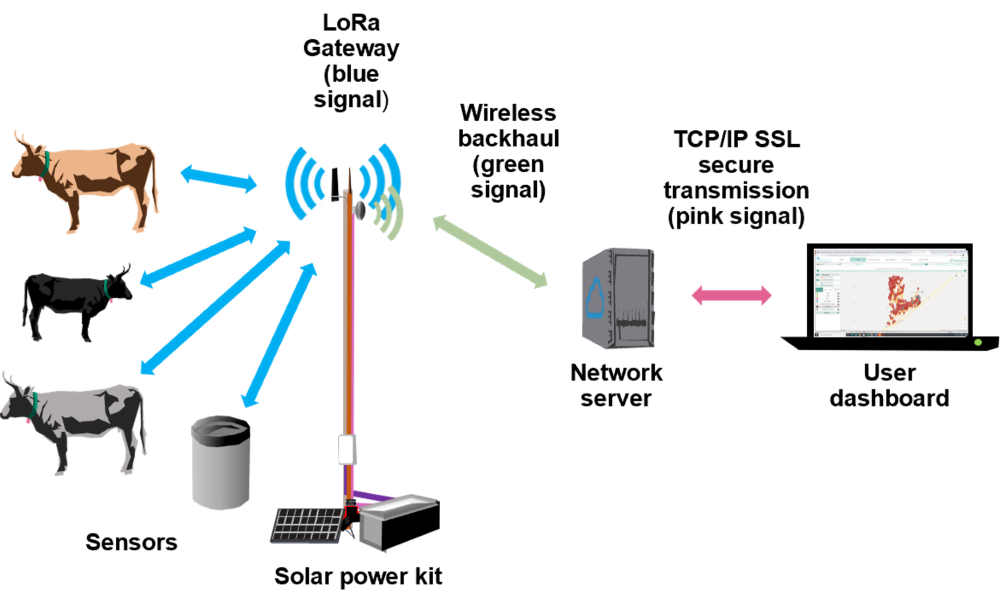The Long-Term Agroecosystem Research Network (LTAR) was formed in 2012 to create a platform for research, education, and outreach to improve the current and future capacity of farmers and ranchers to provide agricultural commodities and other agroecosystem goods and services.
The LTAR Network consists of 19 sites which represent a diversity of agroecosystems across the United States. LTAR conducts research that is coordinated among these sites and partnering institutions to provide a broad array of scientific information with national-level impacts. Coordinated, long-term experiments develop and test agricultural innovations applicable to broad regions. For more information, see https://ltar.ars.usda.gov
The little-known heritage Rarámuri Criollo biotype may offer several advantages to arid rangeland beef producers including reduced costs and environmental impacts. We are conducting whole-system comparisons of Criollo and traditional production systems in collaboration with western ranchers. Our core experiment compares desert adapted Angus x Hereford crossbred cattle with the Raramuri Criollo biotype introduced to the Southwestern US by Jornada scientists. Read more about the history of the Raramuri Criollo program here.

Smart sensors enable automated monitoring of livestock and ranch resources. Mobile applications linked to spatial data, such as remotely-sensed estimates of rangeland state and forage availability, can provide an ability to understand and manage livestock to use rangeland resources sustainably. These technologies can target management where it is most effective and save money. We collaborate with New Mexico State University in developing and testing these technologies in extensive arid rangeland landscapes of the Southwestern U.S. See the Sustainable Southwest Beef Project website for the latest information on this program.

Perennial grass production has been reduced in many parts of the Southwest due to historical overgrazing and drought events. We are testing the effectiveness of brush management strategies and small structures for recovering grasses (see Rangeland Restoration).
The Jornada site is involved in LTAR cross-site coordinated research initiatives, providing contextual observations from highly arid rangeland environments and leading key initiatives based on our expertise.
We lead or co-lead several network working groups or initiatives, including: